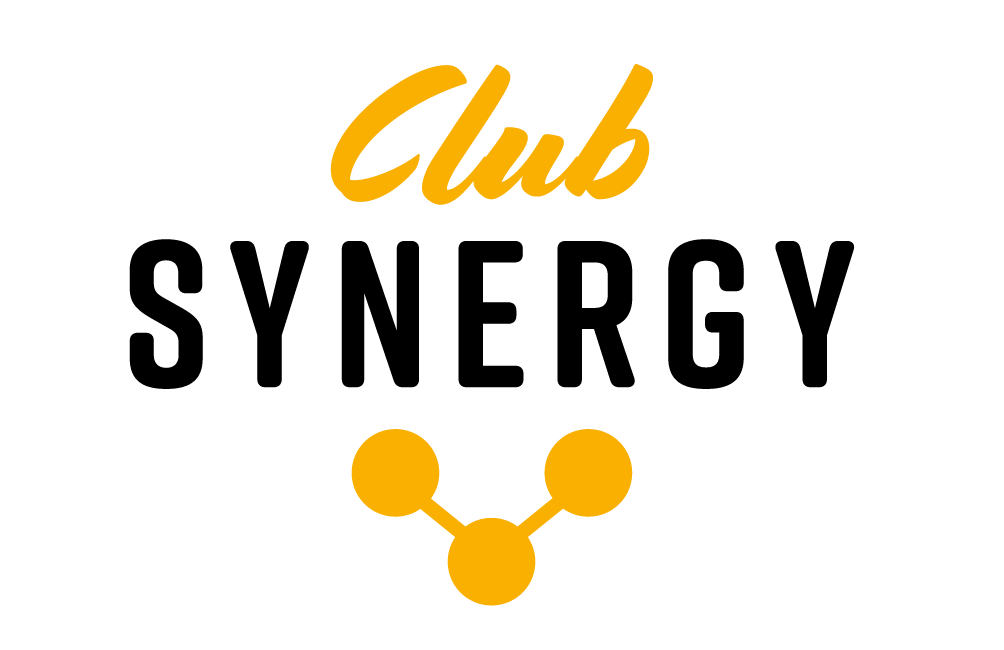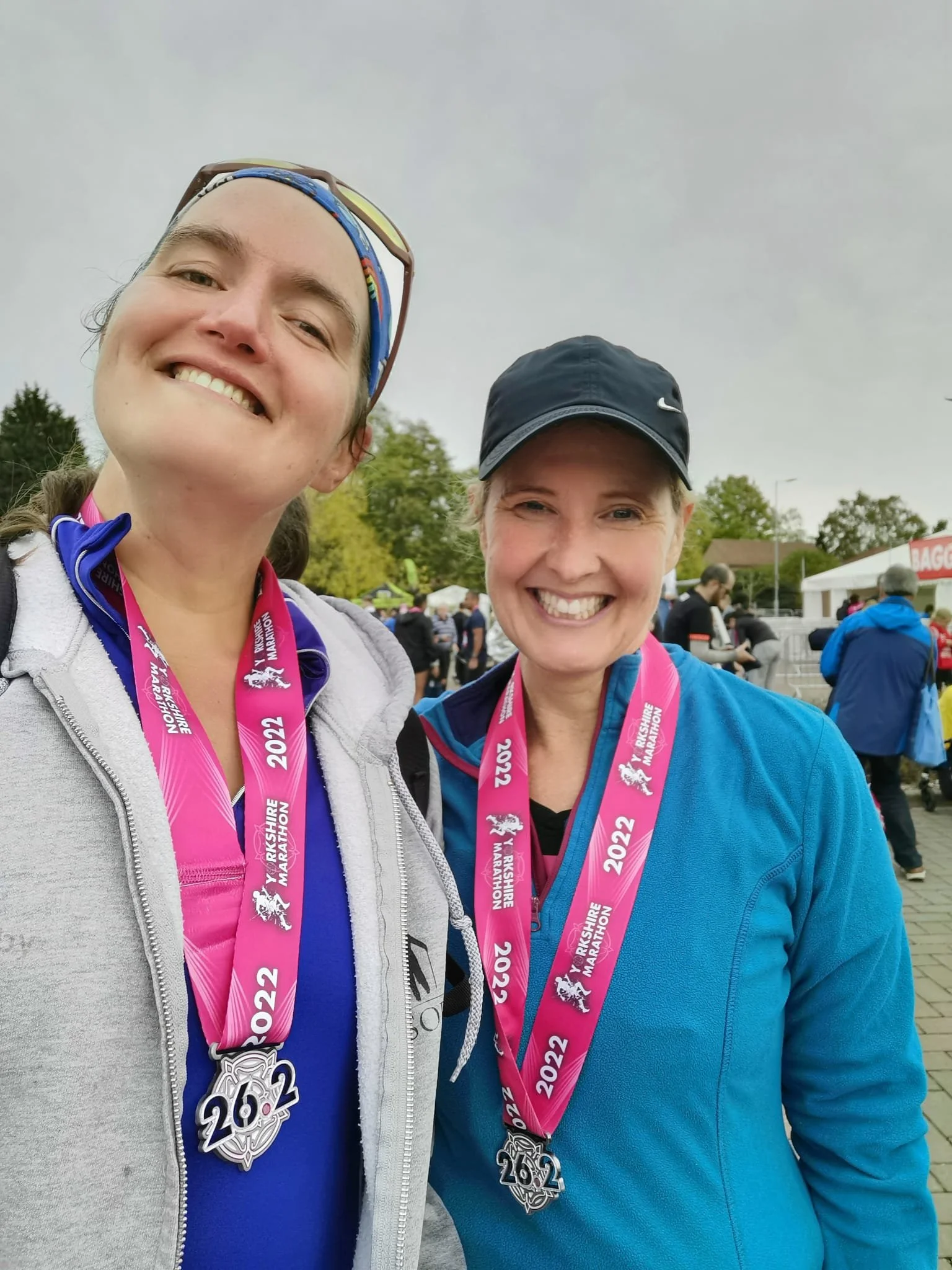It’s easy to convince yourself that you don’t have time to take a break when you have a lot of tasks on your to-do list.
A break can be as long or short as you like. But when half of UK workers don’t take their full annual leave entitlement each year, the reality is that the number of people taking short breaks during the day will be even smaller.
There is real evidence that time spent “doing nothing” actually helps you do a lot more – but we’re conditioned to feel guilty for taking any time off.
I’m determined to change that for you today!
Here’s how taking a break – be it long or short – helps to make you more productive, creative, and happy.
Rest Boosts Creativity
If there’s one thing I want to stress in this article, it’s this: your best work will not be done spending hours in front of your screen.
Research shows that our brain can only fully concentrate for around 25 minutes before needing a break – it’s why deep work methods like the Pomodoro Technique have become popular. Imagine what happens to our creativity and problem-solving capabilities if we don’t switch off for weeks, or even months.
By detaching yourself from your deadlines, even briefly, you gain a fresh point of view. Giving your brain a break opens up your thinking, which is where your most creative ideas will come from.
You need time to think! And this is a challenge when you’re too bogged down in the “doing.” Your mind has much more potential during or after a prolonged period of rest.
If you’re questioning taking that long lunch break or booking that trip away: do it. You will surprise yourself with the brainwaves that strike when you least expect them.
(And if you’d like more evidence on how rest improves creativity, check out this TED talk from designer Stefan Sagmeister on ‘The Power of Taking Time Off’. It’s pretty transformative stuff.)
Squash Your Stress
If you’re dealing with a particularly difficult work issue, sitting and ruminating on it will make things worse and add to your stress. It might sound counterproductive but walking away for a moment will help you to solve the problem faster.
Taking a break helps you to decompress and your stress levels will decrease. Social breaks are particularly good, so grab a colleague, friend, or family member for a coffee or a quick chat.
If you just keep pushing through, eventually you could find yourself struggling with chronic stress or burnout. These issues are much harder to deal with because they are habitual and will impact every aspect of your life. Prevent either one from laying roots with some time out.
Improve Your Health
One of the best ways to take a break is to get moving. But how does this benefit you in the long run?
We all know that exercise gets your blood flowing and releases endorphins. But taking a break for exercise also helps improve your immune system. This reduces unplanned time off for illness, which ultimately makes you more productive.
Even a little movement can help reduce your risk of heart disease, diabetes, and depression. And that doesn’t even get into the benefits for your mental health!
Just five minutes at a time can make a huge difference in the long run.
Become More Present
We’re so used to being switched on all the time that it can be hard to slow down and disconnect. Taking a break from both work and technology gives you the opportunity for some impactful mental rest.
Read a book, go for a walk, or simply admire your surroundings. Not only do you get the benefit of some much-needed time for contemplation, but you will also gain a new perspective: the world is so much bigger than work.
Hopefully, this blog has helped you to understand why taking a break makes you more productive.
There are two components to the phrase “work/life balance” – so why do we insist on only focusing on the “work” part? One of the most common things said by people approaching the end of their life is: “I wish I hadn’t worked so much.”
Life is made for living. So, I highly encourage you to take breaks, be it during your working day or for a more prolonged period of rest, play, and making memories.
Make the most of the upcoming Festive Season and come back refreshed and rejuvenated for a brilliant 2023.
Your body and brain will thank you for it.




